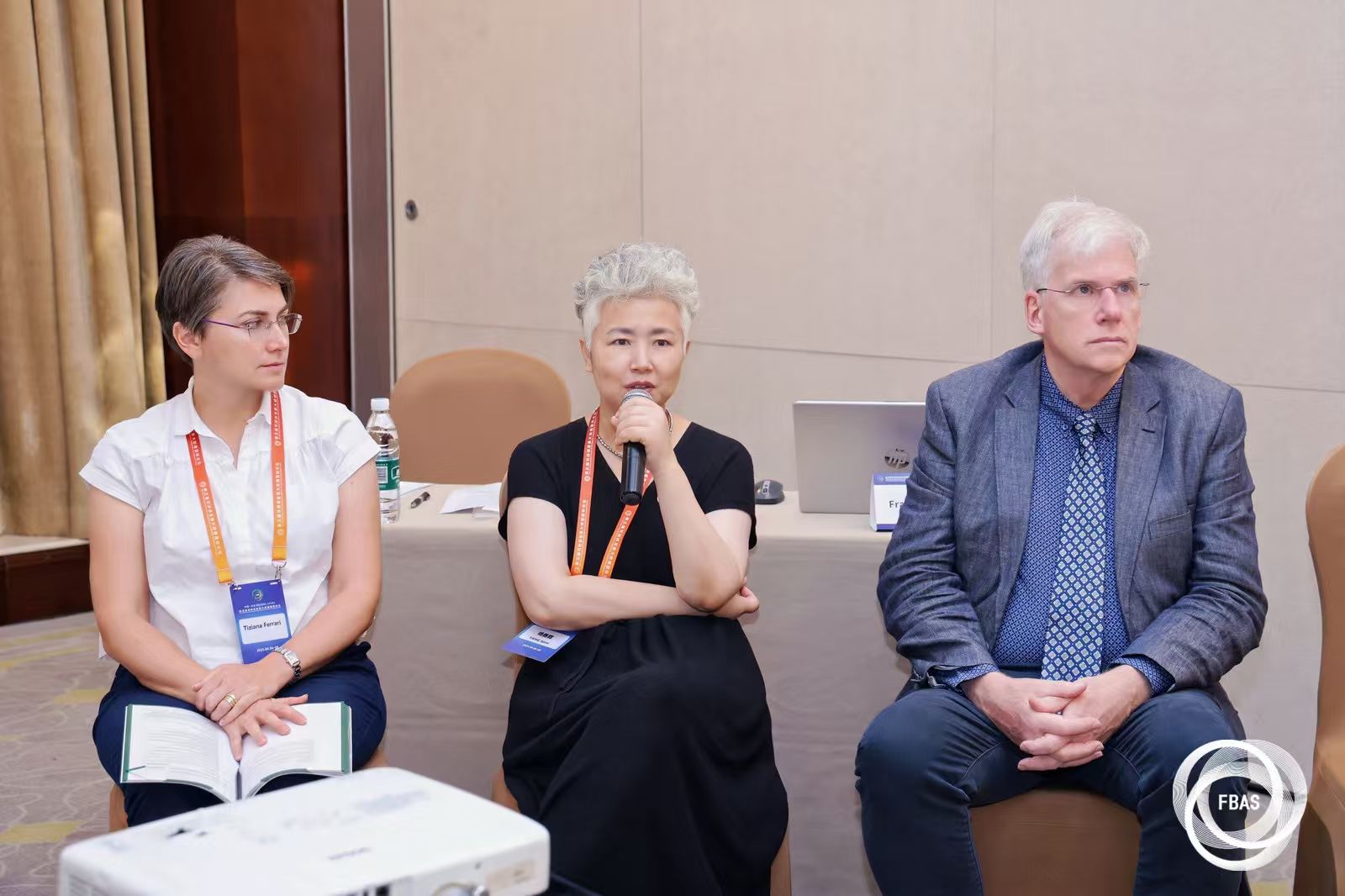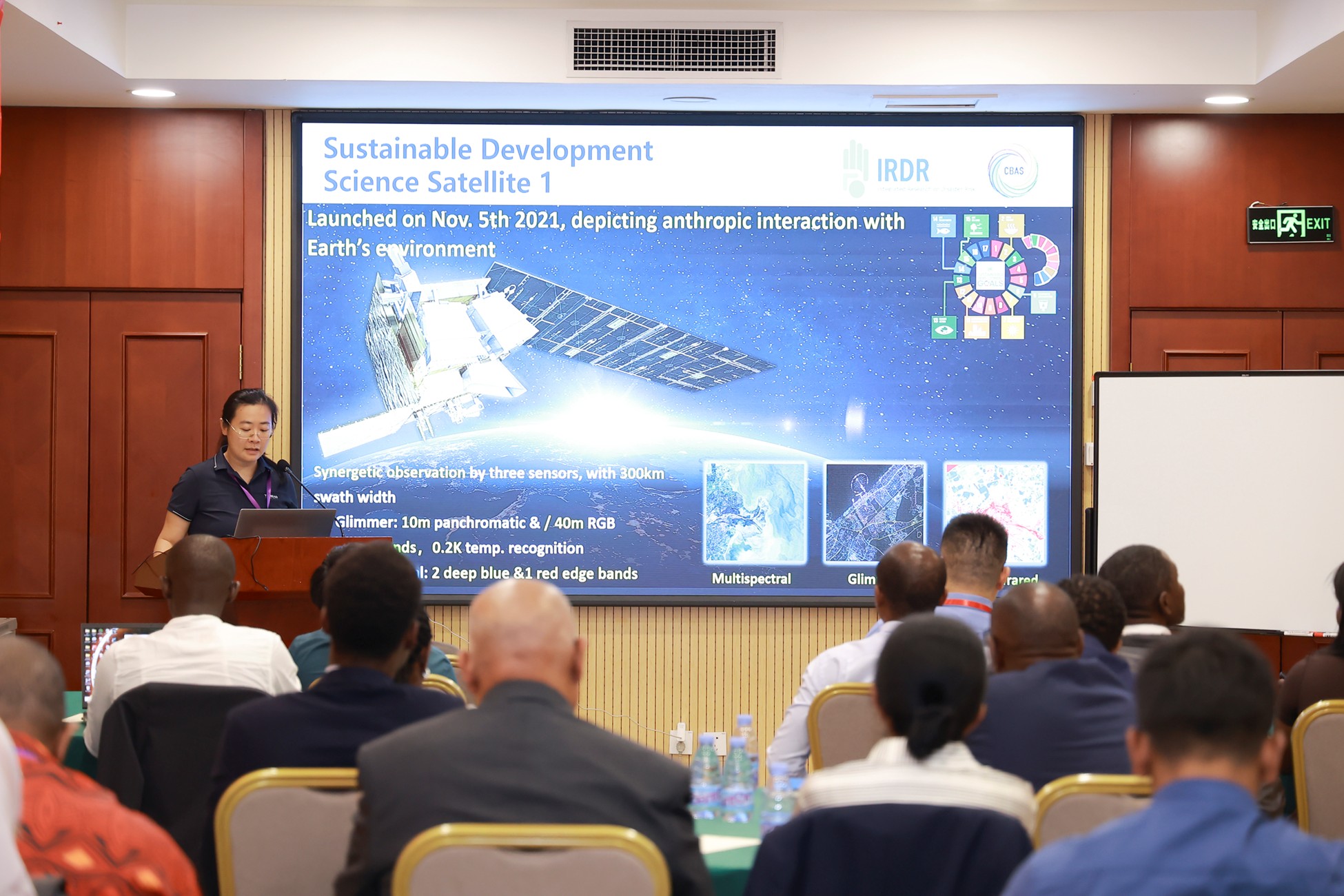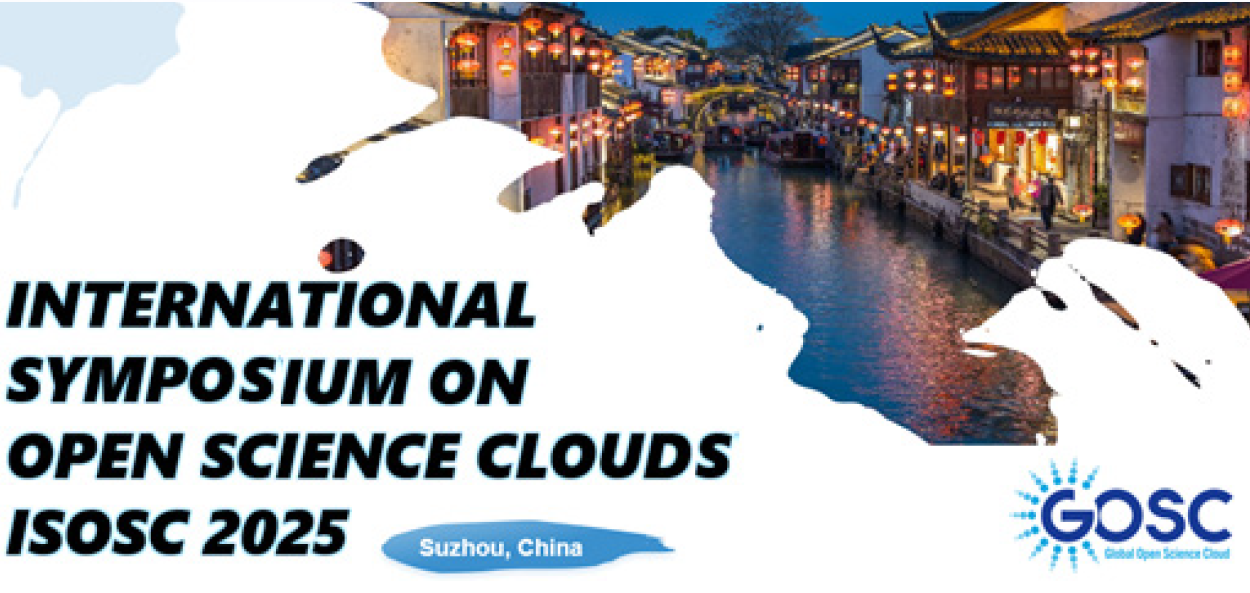Enhancing Understanding and Management of Disaster Risk in Humanitarian Contexts
30 May 2022
In GP2022, IRDR together with other organisations and networks co-organised a Thematic Session on Enhancing Understanding and Management of Disaster Risk in Humanitarian Contexts.
For detailed concept documents and references: https://globalplatform.undrr.org/conference-event/enhancing-understanding-and-management-disaster-risk-humanitarian-contexts
The session opened an online survery for the discussions of two questions:
- What gaps do you see in addressing DRR where you live/work?
- According to you, how could these gaps best be filled?
Among the answers, the "local-based" was emphasized. The panellists and the participants agreed that the local-based approaches, innitiatives and solutions should be highlighted and well considered when planning the risk-informed development.

Related News & Events
26 September 2025
Integrated Research on Disaster Risk (IRDR) attended the 5th International Forum on Big Data for Sustainable Development Goals (FBAS 2025) as one of the supporting organizers.
25 September 2025
IRDR participated in Capacity Building Workshop for Small Island Developing States (SIDS) and demonstrated its steadfast commitment to enhancing resilience in SIDS.
25 September 2025
IRDR called for transformative governance frameworks to ensure open science clouds operate with inclusivity, ethics, and equity at their core.





